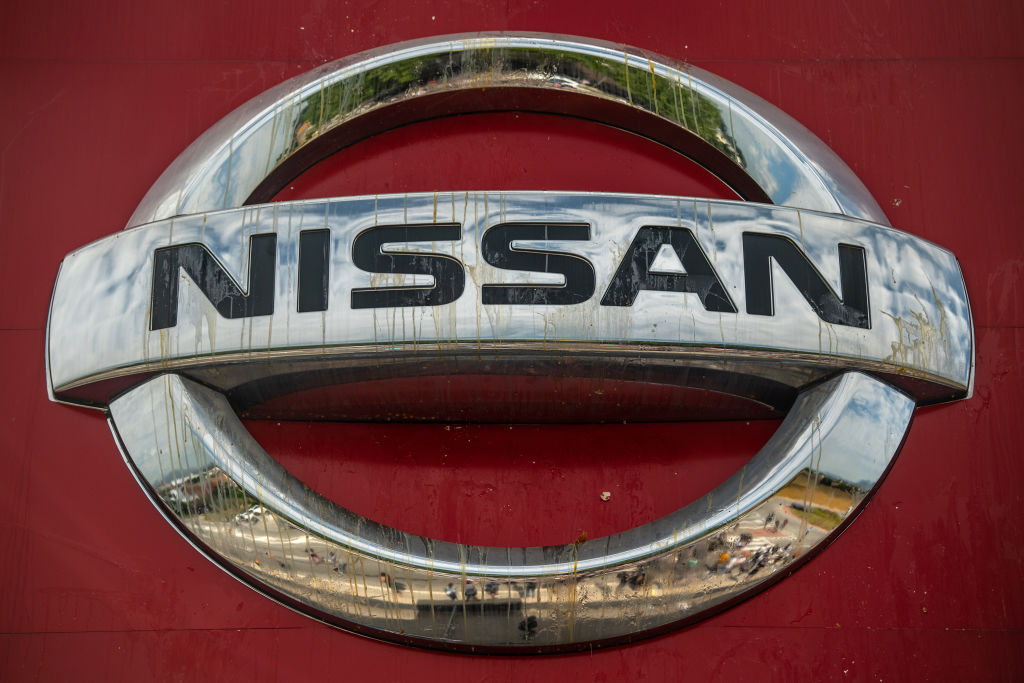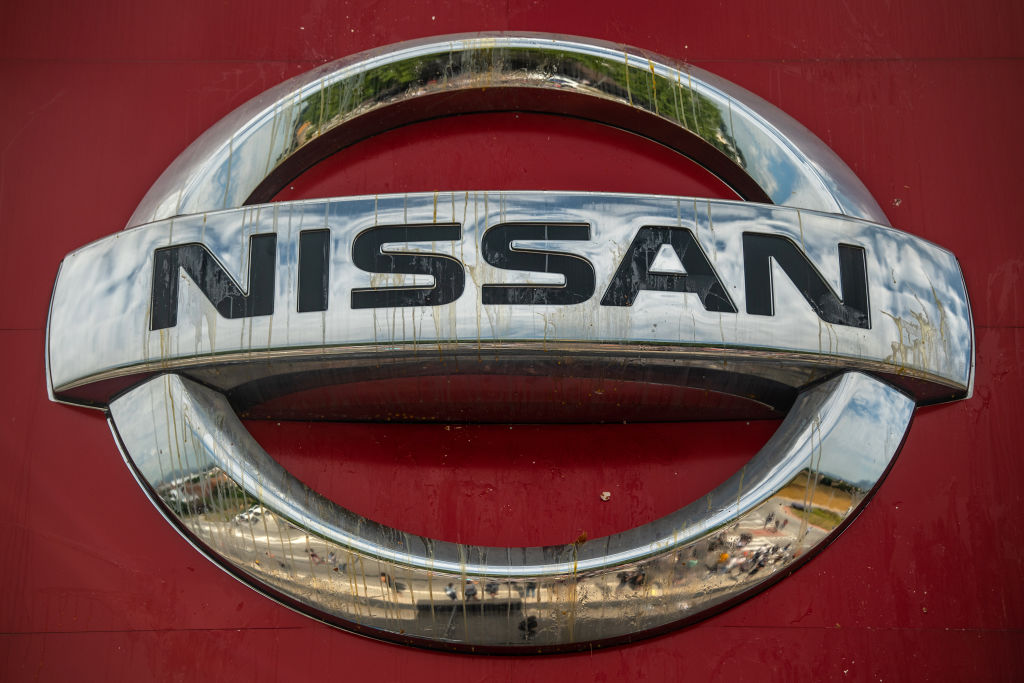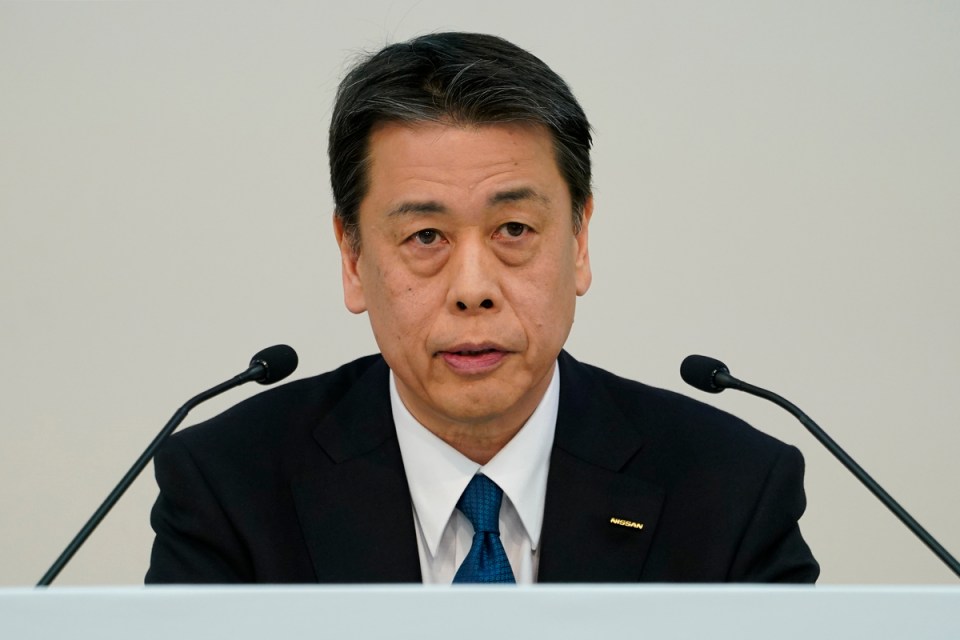Nissan chief warns China’s EV car market is a ‘survival game’
Nissan boss Makoto Uchida has described the Chinese market as a “survival game” after the Japanese carmaker cut its estimates for car sales in February


Nissan’s chief executive has described the Chinese market as a “survival game” after the Japanese carmaker cut its estimates for car sales due to fierce competition in the region.
Speaking at the Financial Times’s Future of the Car summit in London, Makoto Uchida insisted Nissan was “committed” to staying in China but said that its strategy had “drastically changed.”
Shares in the company tumbled 12 per cent in February, the biggest decline in over two decades, after it trimmed its Chinese sales forecast. The one-day fall wiped around $1.8bn (£1.4bn) off Nissan’s market value.
The world’s largest car manufacturers are facing an existential threat from new, rapidly expanding Chinese brands such as BYD, which are undercutting the electric vehicle (EV) market with cut throat prices.
The influx has been even more turbulent for Nissan than its Japanese rivals Toyota and Honda, as China was its largest market up until 2022.
Uchida told the conference the transaction price of EVs had come down “much, much faster than we expected.”
Questioned on the firm’s strategy, he said speed of production would be a critical factor in keeping pace. “Speed is massive, how we can keep our speed to compete with them is a key challenge.”
Nissan launched its Arc business plan in March, which aims to “strengthen competitiveness” by increasing electrification, adopting new technologies and focussing on different approaches to engineering and manufacturing.
It is aiming to introduce 16 new electrified models by 2026, while reducing the cost of next-generation EVs by 30 per cent by 2030, a deadline it has also set to achieve cost parity with its combustion engine models.

Nissan is also gambling heavily on the development of new solid-state batteries, which have been heralded by industry experts as a solution to EV battery issues such as cost, charging time and risk of catching fire.
But the plans have yet to convince investors it will be enough to tame the threat posed by the likes of GWM and BYD, whose major backers include Warren Buffet.
Giacomo Carelli, chief executive of CA Auto Bank, which partners with a number of Chinese OEMS, told the conference: “We see good quality, good technology inside the [Chinese cars] and we see a lot of willingness to explore.”
As the models flood into Europe, he said automakers on the continent should “push Brussels to impose tariffs… the price is too low and they can’t compete with this level of technology.”
Michael Cole, president and chief executive of Hyundai Motor Europe, said: “There are always disruptors, the reality is we were a disruptor brand in Europe ourselves, probably 20 odd years ago.
“The advantage the Chinese have had is they are coming in with new technology,” he explained, alongside a “monopoly” on certain raw materials such as lithium.
Outside of China, Nissan has seen a boom in sales in the UK. The automotive giant’s British arm netted more than £5bn in the year to March 31, primarily driven by the popularity of its Qashqai model.


